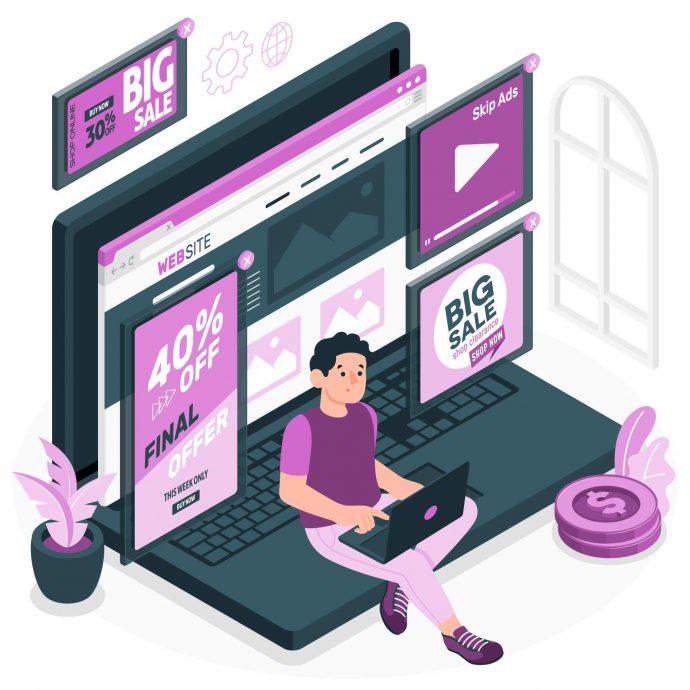Introduction: Responsible AI can equip businesses for success
Responsible AI is the need of the hour. Humans interact with artificial intelligence (AI) on a daily basis and it is no longer a futuristic technology. It brings new possibilities to different aspects of our lives, and the pace of change promises even more innovation in the years to come.
Our economy has benefited from improved efficiency, the creation of new industries, or cost reduction on an almost endless scale. As per PwC, AI could boost the global economy by $15.7 trillion by 2030 and local economies by 26% during that same period.
Also Read: The Impact of Artificial Intelligence in Ophthalmology
Risks of AI
As with any technology, there are risks. Various negative and often serious consequences can come as a result of AI, according to McKinsey. A few of the most obvious risks of AI include privacy violations, discrimination, accidents, and political manipulation. But there are even more serious consequences to consider, including the compromise of national security, which can lead to huge reputation damage, revenue loss, regulatory backlash, criminal investigation and diminished public trust.
AI-enhanced businesses need to be aware of and respect these risks, but also ready to take responsibility. In order to make sure it coexists and isn’t misused, we must understand its power and work with its leaders.
Also Read: AI And The Future Of Work
Responsible AI
The tension between artificial intelligence and humans is frequently framed as an either/or situation. This will not be the case, however. Small and large businesses will miss out on millions of ways to improve the way we live and work if it’s underutilized. When it is overused, organizations risk denying humans certain job opportunities or prioritizing efficiency over personality. Humans must be able to use AI to empower them, to create opportunities, and to create new job opportunities.
Therefore, it is important that humans ensure AI is used responsibly. A framework for responsible AI describes how an organization can deploy artificial intelligence ethically and legally. It balances the need for AI to be used for good with the opportunities it offers to businesses, governments, and society as a whole. Among the complexities of this conundrum is the role of human oversight based on ethics and data governance or freedom.
Also Read: The Role Of Artificial Intelligence in Boosting Automation
Ultimately, humans are responsible for deciding how their business will use AI at a strategic level and managing the digital infrastructure that enables AI, but automation levels will continue to rise. The next generation of machines will make decisions about machines. As a result, responsible AI is not necessarily about humans overseeing every single decision an algorithm makes, but about ensuring that algorithms are capable of providing unbiased, ethical and legal outcomes.
Operationalizing AI
For organizations seeking to implement Responsible AI as a means of delivering value to their customers, partners, and employees, there are various ways to leverage internal and/or external resources, software, and consultancy. By partnering with strategic vendors for data management and computing resources – whether these are on premise or in the cloud – and coupling those with strategic consultancy, organizations are able to make better decisions and achieve faster time to market that are essential to their machine learning operations (MLOps).
Also Read: Benefits That You Nurture Using AIOps
A key component of MLOps is data fabric – a set of practices for deploying and maintaining machine learning models. In order to maximize the benefits of Responsible AI, organizations must ensure that software engineers and developers have access to clean, unbiased data. MLOps teams also need to be aware of the business’s strategic aims and ethical guidelines for using artificial intelligence. If this combination is right, the people who train the algorithms and deploy machine learning/AI will not only have the tools to do so, but also a clear vision of the outcomes their organization is seeking.
Also Read: AI & data-driven Starbucks – Deep Brew
The future of AI is Responsible AI
Businesses using AI must remain accountable, secure, and compliant, and regulations must be impartial and transparent if the technology is to positively transform our lives in the future. Therefore, responsible AI is a way for businesses to balance risk, earn trust, and overcome unconscious bias.
